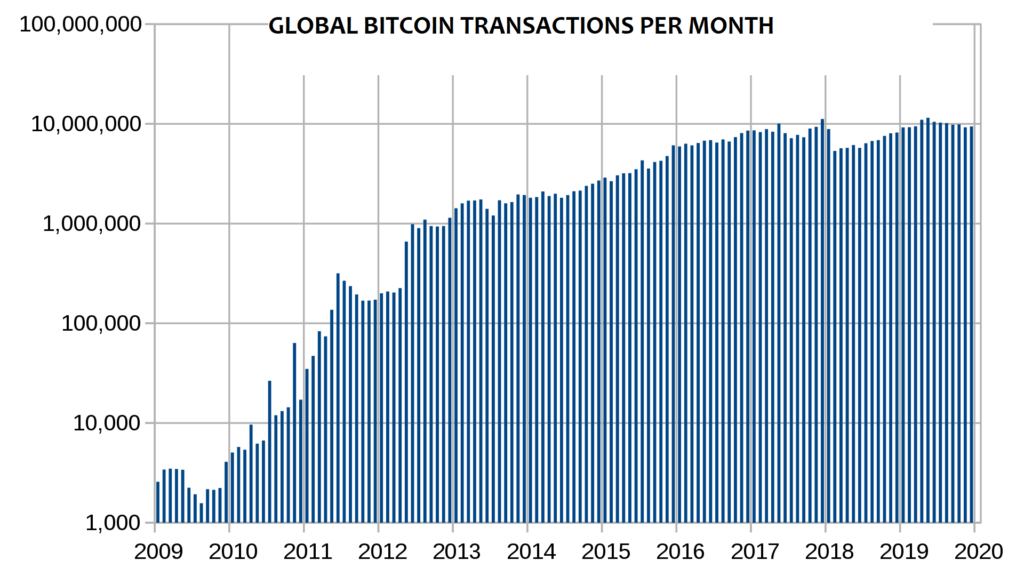The first half of this year saw massive rallies in crypto, and big regulatory moves in response.
Key Points:
- Biden Administration to require banks/exchanges/blockchain/crypto/defi companies to report Crypto transactions over $10,000 to the IRS.
- Thailand SEC Cracks Down: Effective June 11, 2021, Meme Tokens (Such as Doge), Fan Tokens, NFTs and Exchange Tokens cannot be traded in Thailand.
- Regulation fears one reason for the recent crypto dip. Some worry more regulation will cause further declines for all cryptocurrencies.
Crypto Regulation in the US Rears its Ugly Head
In May, we saw the blue sky potential that crypto has proven tarnished by clouds. The storm of regulation is a-brewing! The world of crypto saw its first hint of regulation as the Biden Administration unveiled its desire to tax crypto transactions in May. In the administration’s tax enforcement proposal, cryptocurrency transfers over $10,000 must be reported to the Internal Revenue Service (IRS). The treasury believes this move may double the IRS workforce over the next decade.
Thailand’s SEC regulates and bans crypto
In a parallel move, the Thai SEC announced their decision: A near-full shutdown of many digital assets. The Thai SEC has on Friday June 11 2021 effectively shut down crypto trading in their country, citing a myriad of regulatory concerns.
The Thai SEC has prohibited the following:
- Meme tokens: According to the Thai SEC, they have no ‘clear objective or underlying substance’. Hence, they clamped down on coins like DOGE.
- Fan Tokens: Tokens built on the fame of influencers
- NFTs (Non-Fungible Tokens): Digital creations that derive ownership of an object or specific right. NFTs are non-interchangeable, unique and cannot be exchanged with digital tokens of the same category.
- Any digital tokens utilized on blockchain transactions and issued by digital asset exchanges or ‘related persons’.
International law firm based in Thailand, Pugnatorius Ltd., pointed out that many crypto investors in Thailand do see the crypto world as sort of a tax haven, describing it as a ‘self-delusion’ :
“Coinowner’s self-delusion: Even in these days, it is a standard tax planning strategy for crypto owners to base unclarified tax obligations on the hope that this will not be taken up by Thailand’s tax authorities. Or that it is an easy game to shift the sale to offshore in a tax-free area. Basing the strategy on hope and errors works only for a certain period of time.”-Pugnatorius Research, Seven Statements on Bitcoin Taxation in Thailand (Jan 22, 2021)
Regulators Are Scared of Crypto for Good Reason
The fears of regulation over crypto are not surprising. Especially considering stories like the time a man was arrested in Thailand with more than $800 million in BTC. Bitcoin has gained insane ground since its inception, going from around 1000 transactions per month when it was released to having a global trading value that eclipses the GDP of many countries Now BTC has over 10 million transactions happening every month.
Thailand SEC is doing the right thing for their nation, as the cost of CV19 for a nation relying on tourism has been staggering. Now, a nation that attracts many foreigners to work and live is going to need all the help it can get. It’s clear the Thai government has seen a way to help get the country back on its feet.

The Bottom Line:
How does this matter to you as a crypto investor? It’s pretty obvious: If you’re into blockchain, watch your lawmakers very closely! Investors should keep up to date with their country’s latest respective SEC filings, board meetings, and news releases. Ultimately, investors can practice two things to keep them safe in times of extreme volatility:
What can you do? Be patient and follow the rules.
Featured Image: © Palinchak Megapixl




